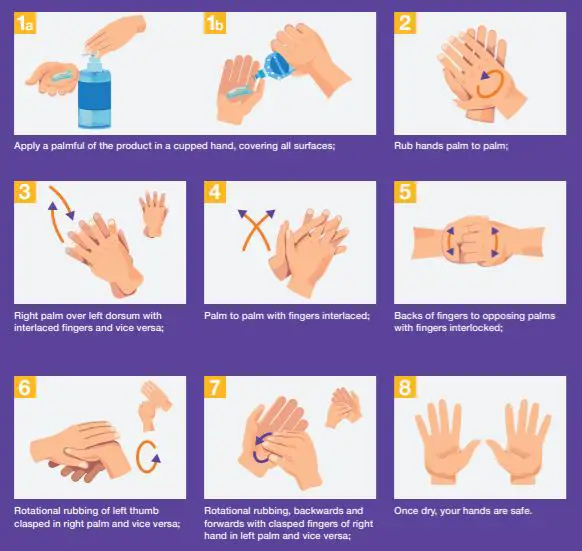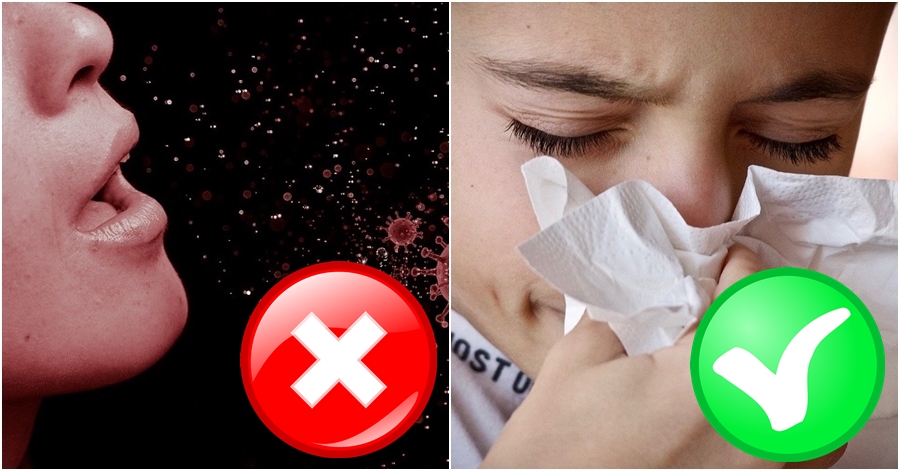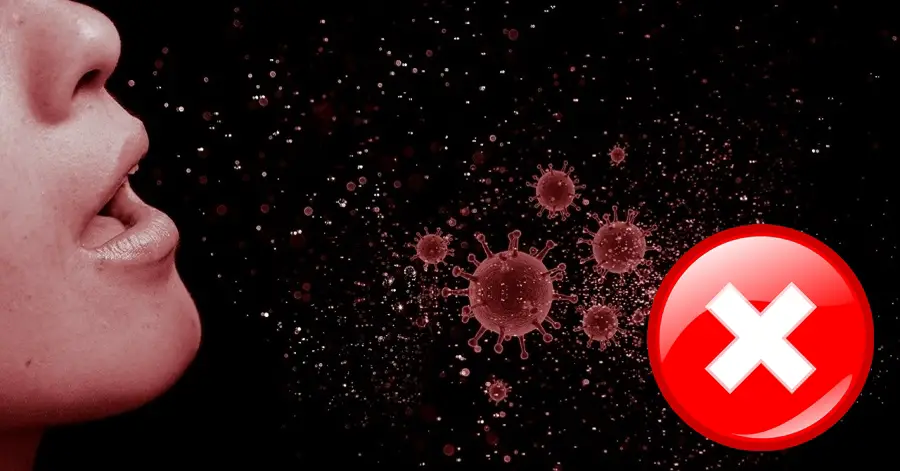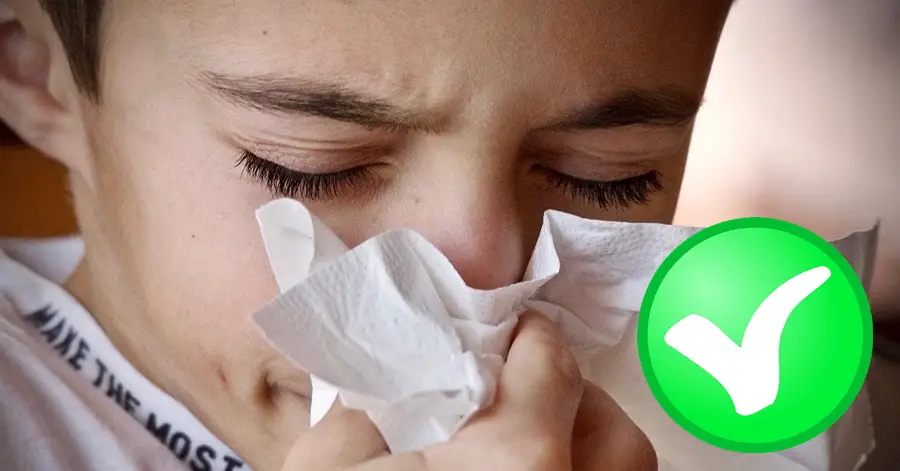Due to the current outbreak, authorities in Saudi Arabia have taken precautionary steps, such as the suspension of flights, public transport modes, and other measures to combat the pandemic.
The Ministry of Health has also launched a public awareness campaign, sharing information about the outbreak as well as providing tips on how to prevent the spread of diseases.
Contents
Health Tips to Avoid the Spread of Diseases
In December 2019, an outbreak originating from the city of Wuhan affected mainland China before spreading into different countries. Believed to be associated with an animal market in Wuhan, what started out as a city-wide outbreak has now become a worldwide pandemic.
How does the outbreak spread and what are the symptoms?
According to the Ministry of Health website, the outbreak spreads through human interaction, when a person (without protection) comes into contact with an infected person.
The symptoms of infection include cough, fever, and shortness of breath. In some cases, the infection develops into pneumonia, which could lead to complications in people with weakened immune systems. These include the elderly as well as those with chronic diseases, like diabetes, cancer, and chronic lung disease.
What can we do to avoid the spread of disease?
To avoid getting infected and/or spreading the disease, here are some DOs and DON’Ts:
DO… Wash your hands frequently.
DO… Cover your mouth and nose with tissue paper when coughing or sneezing.
DO… Bend your arm and sneeze into your elbow (if there’s no tissue paper available).
DO… Stay at home and avoid interaction to prevent the spread of disease.
DO… Go to the nearest health facility if you exhibit any symptoms.
DON’T… Travel if you exhibit any symptoms.
DON’T… Approach people who have signs of a cold, cough, or flu.
DON’T… Touch your mouth, eyes, or nose before washing your hands.
DON’T… Touch wild animals or animals in farms, as much as possible.
When should I wash my hands?
As mentioned earlier, hand washing is advised to prevent the spread of disease. It is recommended that you wash your hands:
- Before, during, and after preparing food;
- Before and after eating;
- After coughing or sneezing;
- After using the toilet;
- After changing a baby’s diaper;
- Before and after taking care of a sick person;
- After touching animals; and
- After touching trash.
How should I wash my hands?
To ensure that your hands are absolutely clean, wash them for at least 20 seconds using soap and water, and by following these steps:
- Wet your hands with water.
- Apply enough soap to cover all surfaces of your hands.
- Rub your hands, palm to palm.
- With fingers interlaced, put your right palm over your left dorsum, and vice-versa.
- Rub your hands palm to palm, with fingers interlaced.
- Put the back of your fingers to opposing palms, with fingers interlaced.
- Do some rotational rubbing of your left thumb clasped in your right palm, and vice-versa.
- Do some rotational rubbing with the fingers of your right hand clasped in your left palm, and vice-versa.
- Rinse your hands with water.
- Dry your hands thoroughly with a single-use towel.
- Use a towel to turn off the faucet.
What is hand rubbing?
In case you do not have soap and water readily available, a sanitizer containing 60 to 90 percent alcohol is acceptable. You can use it to “hand rub” for 20 to 30 seconds, as follows:

NOTE: Keep in mind that if your hands are visibly soiled or dirty, wash them with soap and water instead of using a sanitizer only.
For more information about how to protect yourself amid the pandemic, please visit the official website of the Ministry of Health. In case you experience any symptoms, do not hesitate to call 937 Health for quick response and action. Meanwhile, here are more tips to prevent the spread of the outbreak, for your reference.


